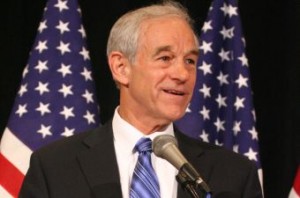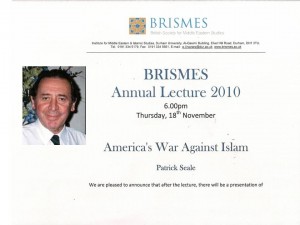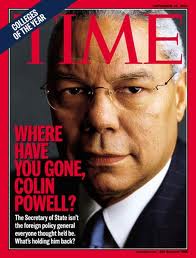
Several truths, nine questions.

Phi Beta Iota: Here are the questions as asked:
01 Do the American people deserve to know the truth regarding the on-going war in Iraq, Afghanistan, Pakistan, and Yemen?
02 Could a larger questions be how can an Army private gain access to so much secret information?
03 Why is the hostility mostly directed at Assange the publisher and not our government's failure to protect classified information?
04 Are we getting our money's worth from the $80 billion dollars per year we are spending on intelligence gathering?
05 Which has resulted in the greatest number of deaths? Lying us into war, or WikiLeaks revelations or the release of the Pentagon Papers?
06 If Assange can be convicted of a crime for information that he did not steal, what does this say about the future of the First Amendment and the independence of the Internet?
07 Could it be that the real reason for the near universal attacks on Wikileaks is more about secretly maintaining a seriously flawed foreign policy of empire than it is about national security?
08 Is there not a huge difference between releasing secret information to help the enemy in a time of declared war, which is treason, and the releasing of information to expose our government lies that promote secret wars, death, and corruption?
09 Was it not once considered patriotic to stand up to our government when it is wrong?
Journal: Politics & Intelligence–Partners Only When Integrity is Central to Both







